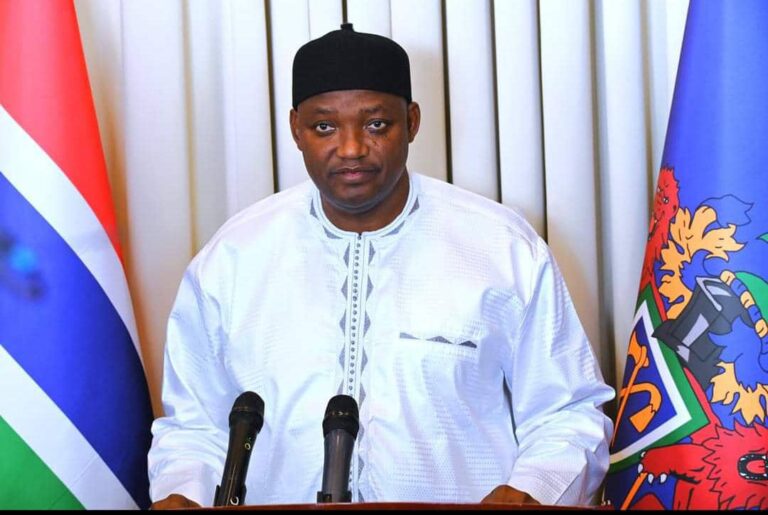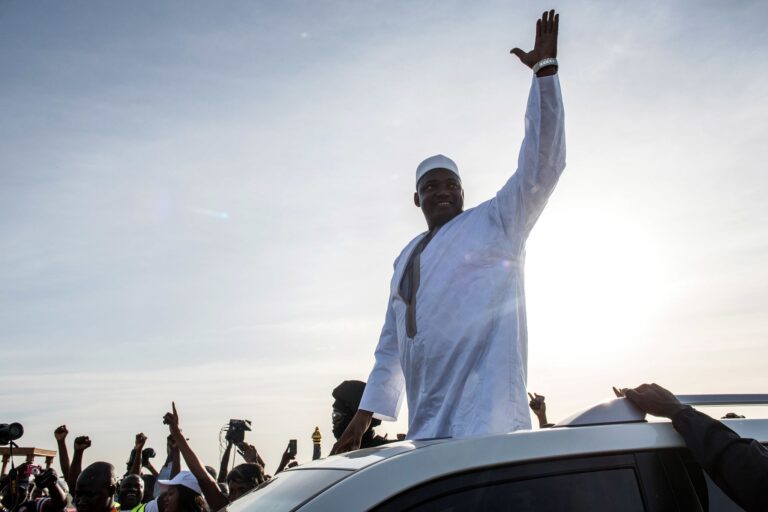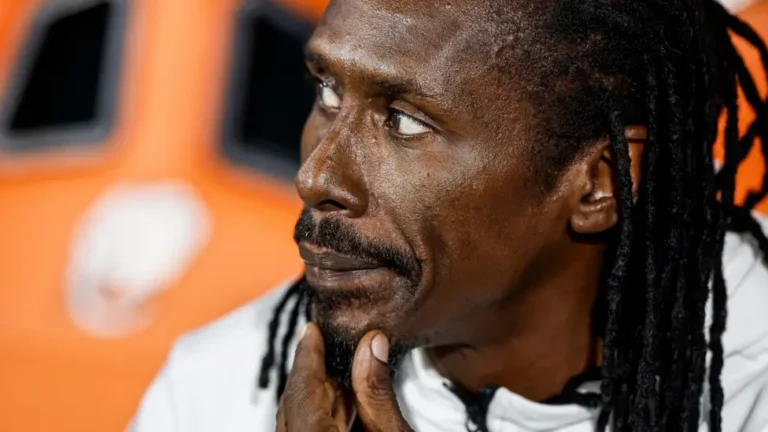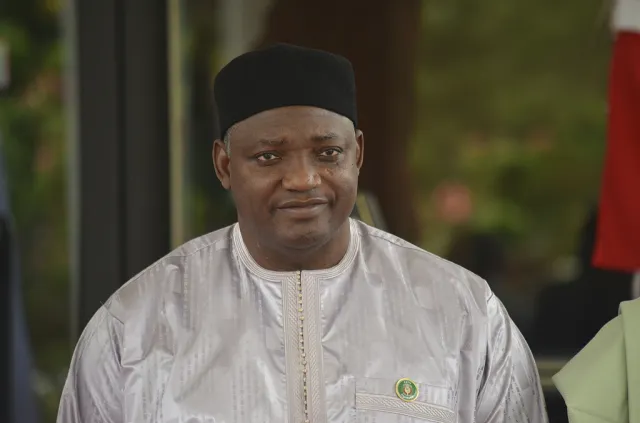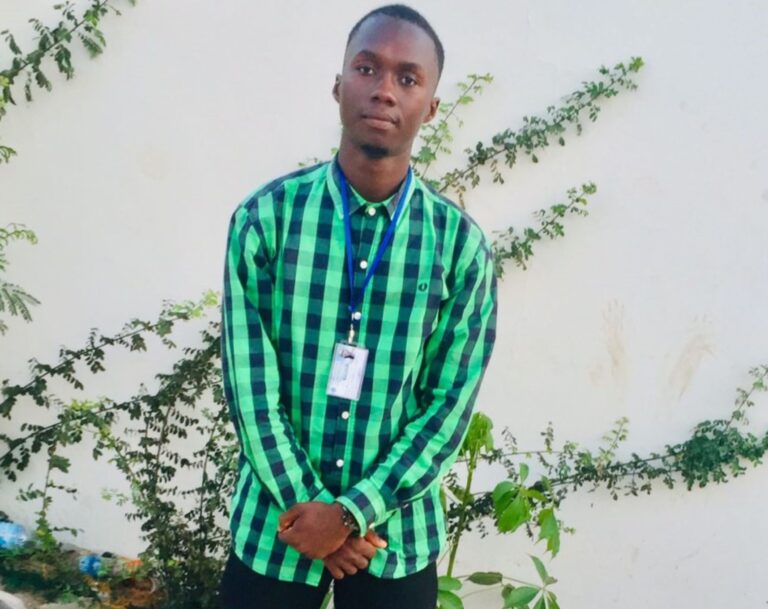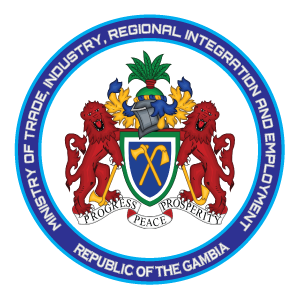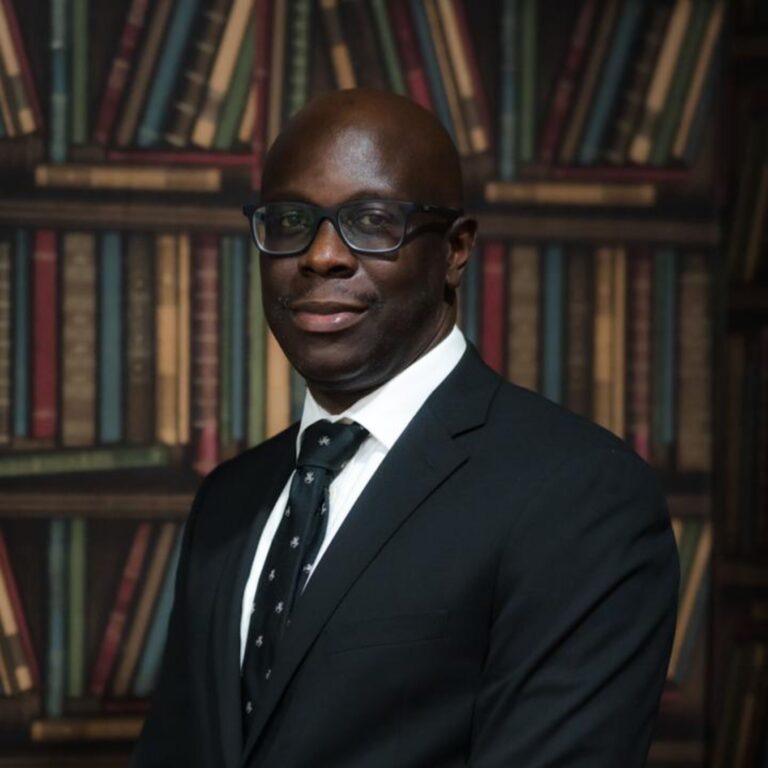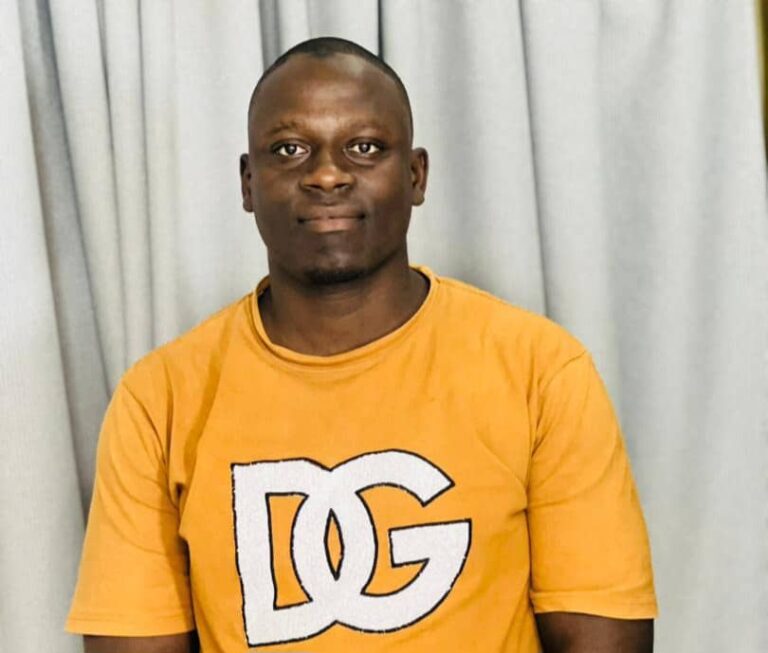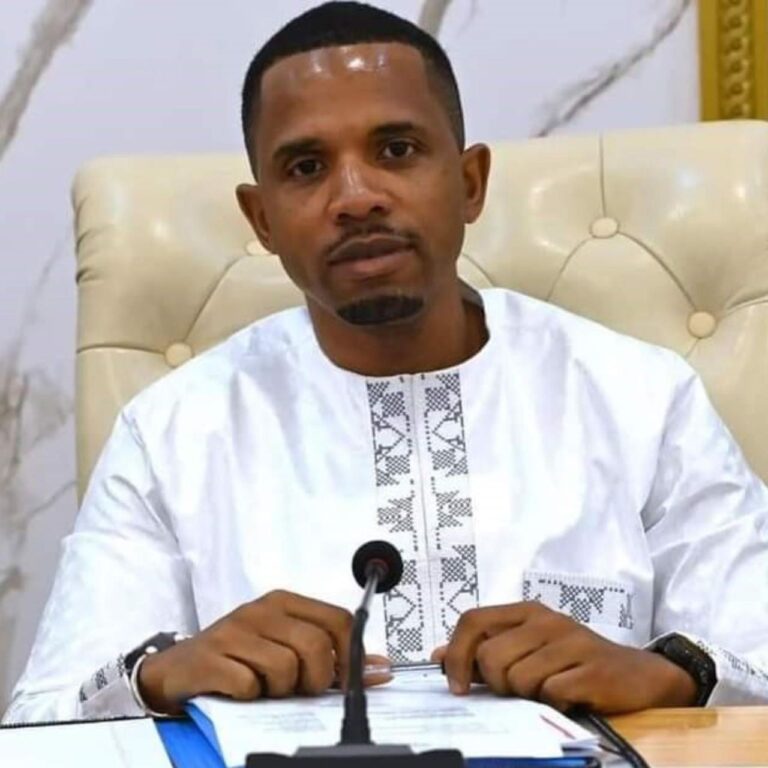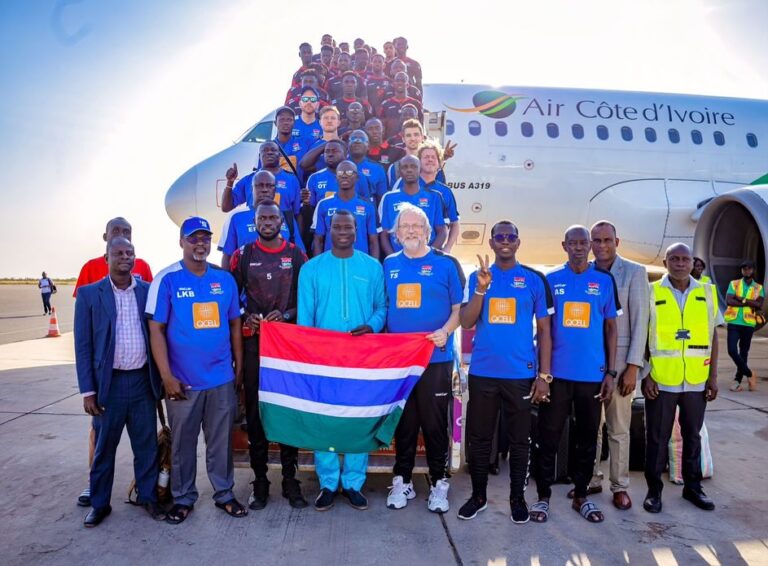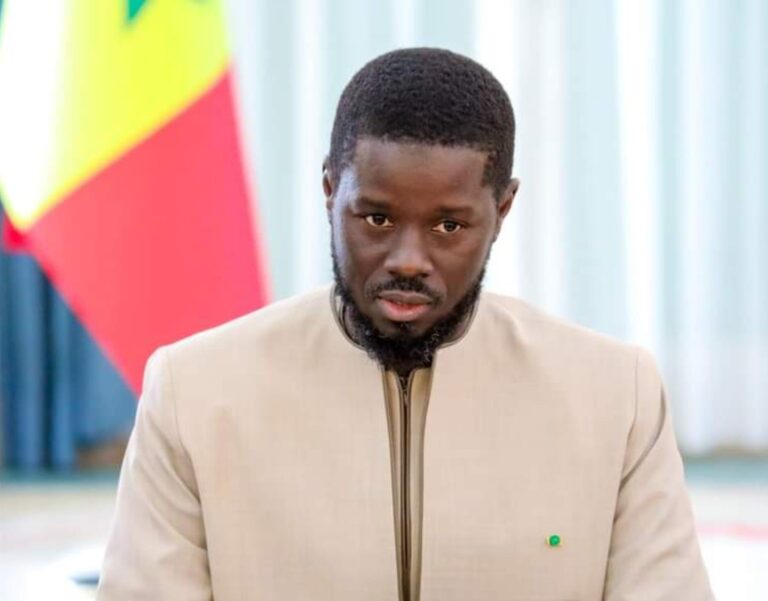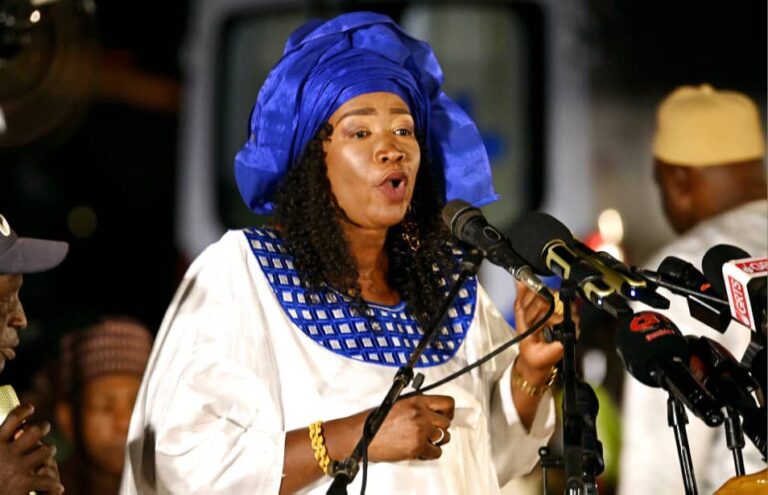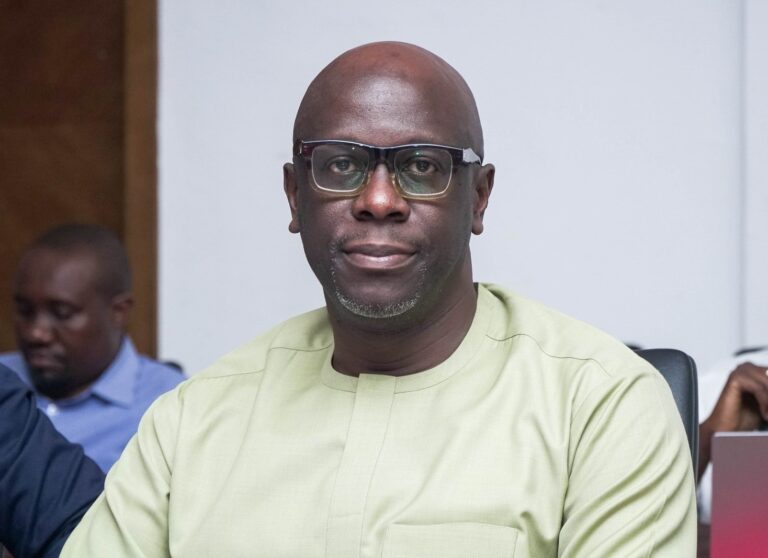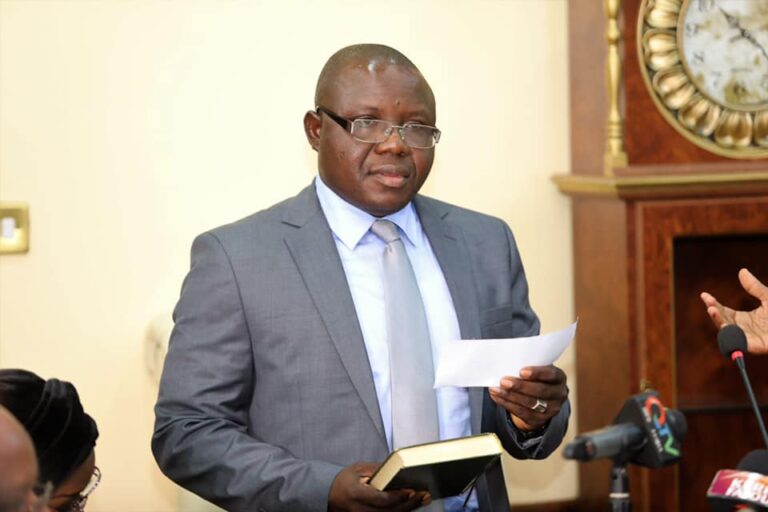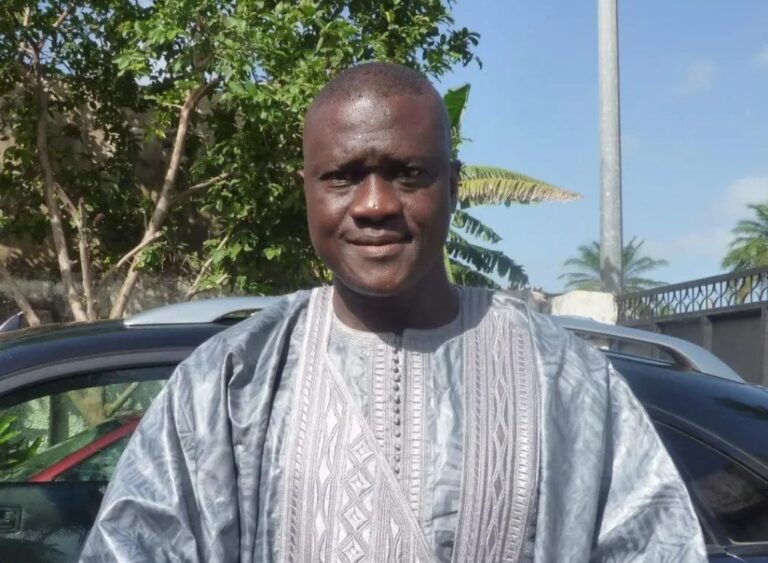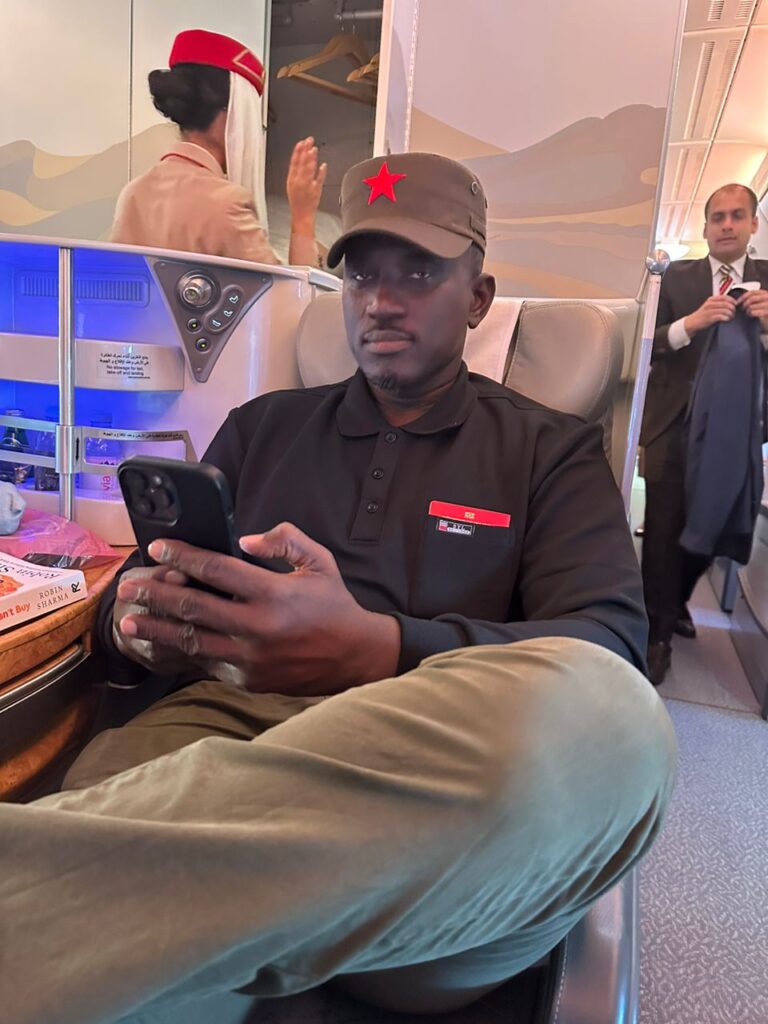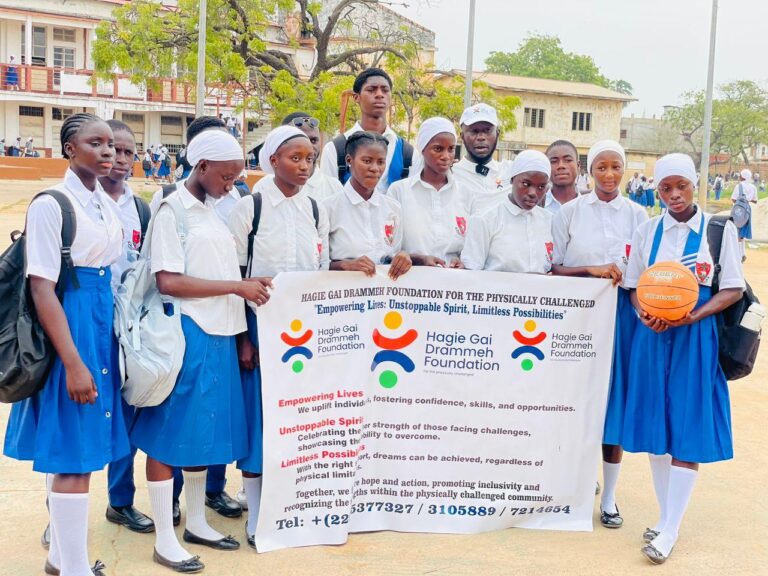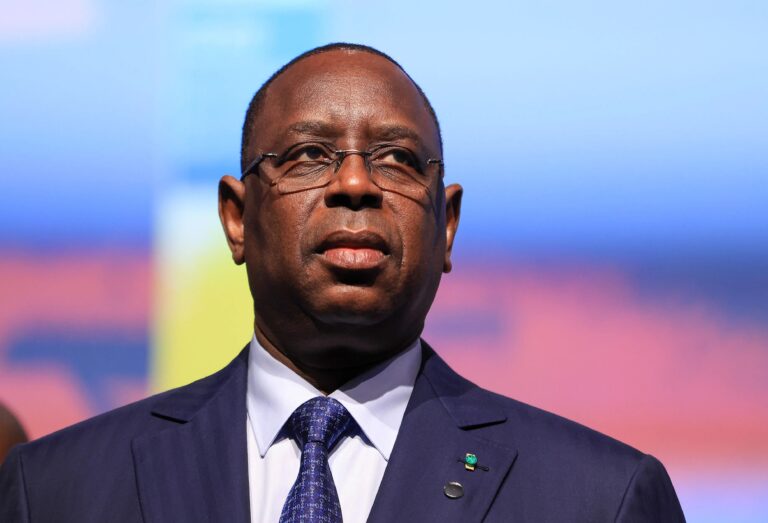OPINION
By Abdoulie Bojang
For years, the “Meet the People Tour” in The Gambia has been touted as a government initiative aimed at bridging the gap between citizens, particularly farmers, and the state. The supposed objective is simple: meet with farmers, understand their challenges, and address the pressing issues that hinder agricultural development. On paper, it seems like a noble endeavor, one that would foster dialogue and drive change. But, in reality, the “Meet the People Tour” has devolved into nothing more than a constitutionalized Ponzi scheme that wastes taxpayers’ money, enriches a select few, and leaves ordinary Gambians in the same miserable position they’ve always been. It’s high time we ask: what has this tour truly achieved for the people it claims to serve? The premise of the “Meet the People Tour” sounds legitimate. Government officials, including the President, travel across the country to engage with farmers, listen to their grievances, and assess the challenges they face in agriculture. From the outside, this might appear to be a genuine effort to shape policies that reflect the needs of Gambians, especially those in the agricultural sector.
However, what happens after these “listening sessions”? The harsh truth is that these concerns are often heard, documented, and quickly forgotten. There is a staggering lack of accountability from the government. No official reports are published detailing the challenges raised during these tours. No one knows what actions were taken to address those issues or how feedback from these tours influenced government decisions. This failure to follow through is a clear indication that these tours are not about solving problems, but about perpetuating a façade of caring for the people. The most glaring issue with the “Meet the People Tour” is its financial inefficiency. Taxpayer money is used to fund travel expenses, per diems, accommodation, fuel, and other costs for government officials. On average, these officials are paid multiple times for what essentially amounts to a photo op. They dine and sleep in comfort while the very people they claim to serve—farmers and ordinary Gambians—receive nothing but empty promises. It’s an arrangement that enriches the elites at the expense of the taxpayer, while the real issues of food security, access to markets, and fair pricing for agricultural produce remain unaddressed.
If this initiative were truly beneficial, we would have seen tangible improvements in the agricultural sector by now. Yet, the Gambian agriculture sector continues to suffer from years of stagnation, with declining yields, inadequate infrastructure, and farmers who can barely make ends meet. Why is it that despite all the resources poured into these tours, the situation of Gambian farmers has only worsened? Why has agriculture failed to thrive, and why are farmers still forced to sell their produce at rock-bottom prices, unable to get fair compensation for their hard work?
If the “Meet the People Tour” was truly making a difference, the Gambian agricultural sector would not be in the state it is today. Farmers would have access to timely interventions, their produce would be bought at fair prices, and the challenges they face would be addressed in a meaningful way. But the sad reality is that this is not the case. Despite the tours, farmers are still burdened with high costs, poor infrastructure, and a lack of access to markets. They still struggle to feed their families, pay for education, and access healthcare. Meanwhile, government officials, who are paid by the very taxpayers who are suffering, continue to live lavish lifestyles, sending their children to elite private schools while the farmers who fund their salaries can barely afford a meal.
This disparity between the elites and the ordinary Gambian is not just immoral; it is unsustainable. It is proof that the “Meet the People Tour” is nothing more than a mechanism for those in power to perpetuate a system of patronage, all while exploiting taxpayer money. This is not governance; this is a constitutionalized Ponzi scheme.
It is long overdue for the Gambian government to reassess the “Meet the People Tour” and its continued existence. The cost of this wasteful initiative, estimated at 150 million Gambian Dalasi, could be better spent on tangible reforms in the agricultural sector, improving the livelihoods of farmers, and investing in sustainable practices that will ensure food security for all Gambians. The resources used to fund these tours could be better allocated to mechanizing agriculture, establishing better communication channels through farmer associations, agricultural extension workers, and the National Agricultural Research Institute.
If the government is truly committed to the welfare of the Gambian people, it must scrap this farce of a “tour” and redirect its resources into real, long-term solutions. Mechanized farming, improved irrigation systems, fair pricing policies, and better infrastructure for farmers should be at the forefront of government priorities. The government must also take full responsibility for the feedback from farmers and ensure that real, actionable change follows.
This constitutionalized Ponzi scheme—dubbed the “Meet the People Tour”—has had its time. It’s high time that President Barrow and lawmakers take a stand to repeal this wasteful initiative. The Gambian people deserve better than this cycle of false promises and squandered resources. If we are serious about uplifting our agriculture and economy, we must stop wasting taxpayer money on meaningless tours and focus on tangible, long-term solutions that will benefit the people.
The time to act is now. Let us put an end to this institutionalized Ponzi scheme and reinvest in the future of our nation—one where the voices of the people truly matter, and where every Gambian, from farmer to government official, can thrive.
The views expressed in this article are the author’s own and do not necessarily reflect The Fatu Network’s editorial stance.

